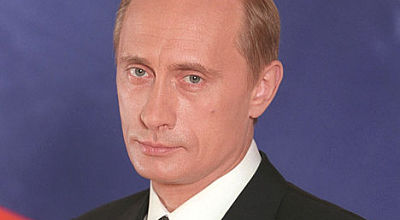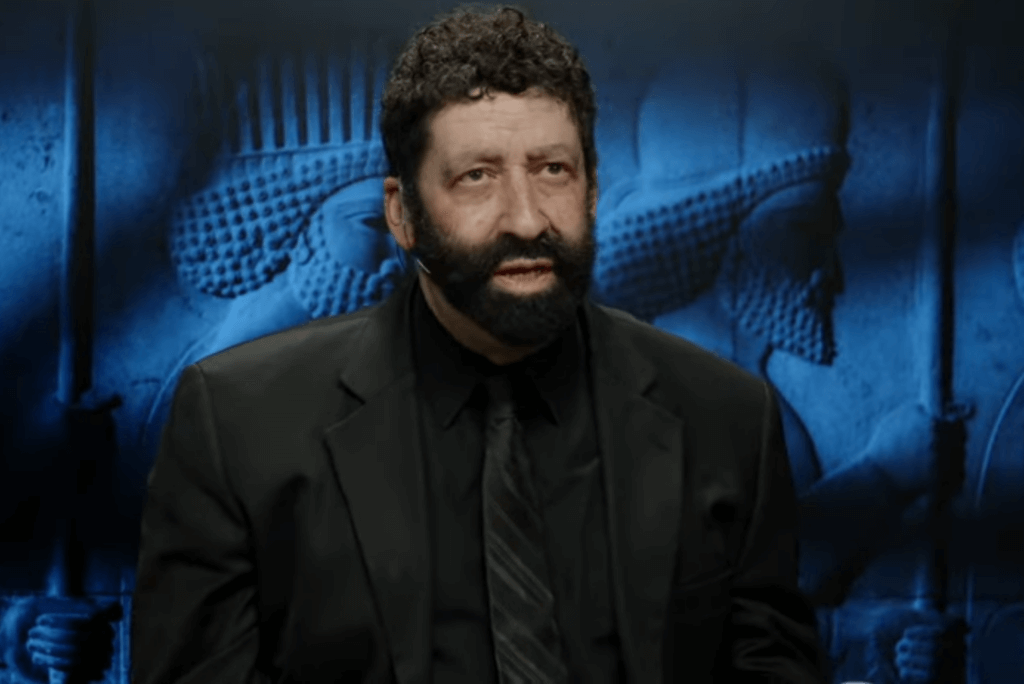Russian lawmakers are reworking a draft law introducing prison terms for religious offences after signs that Vladimir Putin is concerned it could undermine the delicate balance between the country’s many religions.
The president’s party proposed the law after two members of the Pussy Riot punk band were jailed for two years over a protest in a cathedral against Putin’s increasingly close ties with the Russian Orthodox Church.
Putin has trod a thin line between celebrating a secular state of many religions and promoting the Russian Orthodox Church since rising to power in 2000, but has leaned more on the Orthodox Church for support since starting his third term as president in May following protests against his rule.
Opponents say the draft law is intended as part of broader Kremlin moves to suppress dissent and bolster public support by casting Putin, a former KGB spy, as the protector of religious believers.
Critics have also said the definition of offending religious feelings is so broad and vaguely defined in the draft law that it risks being ineffective or applied selectively in practice, hurting relations between Russia’s many religions.
“The impression is that in the Kremlin they understood that somehow they have overdone it,” said Alexei Malashenko, a religion expert at the Carnegie Moscow Centre think tank.
“The goal of this law is still to tighten regulations in general but they understand that a too radical tightening is dangerous so they will consult now and hold talks, especially as at the Kremlin itself there is no unanimity on that matter.”
Yaroslav Nilov told Reuters that the parliamentary committee overseeing the legislation, which he heads, was looking again at the wording after Putin told his advisory council on human rights that lawmakers should not rush with the bill.
He did not comment on the jail term it now envisages–up to three years for offending religious feelings and up to five years for inflicting damage on religious sites or holy books, in addition to fines and community work.
“What does offending religious feelings mean? Is the most important principle for Muslims, that there is no God but Allah, an offence to the religious feelings of Christians?,” said Alexei Grishin, a member of Russia’s Civic Chamber, an advisory body to the Russian authorities.
“Most likely it is if you approach it very stringently, as it suggests all other gods are not really gods. So the law really needs to be worded very precisely, otherwise it would lead to unpredictable consequences.”
Russian Orthodox Church Resurgent
The Russian Orthodox Church has been resurgent since the collapse of the Soviet Union in 1991, but atheistic traditions are also strong after decades of repression of religious faith during the Soviet Communist era.
About three in four Russians say they are Orthodox Christians and a vast majority were outraged by the profanity-laced Pussy Riot protest in February, although far fewer supported the tough sentences, opinion polls showed.
The two members of the all-female protest band were sentenced for hooliganism motivated by religious hatred.
Nilov, head of parliament’s committee on civic and religious groups, said he hoped the jail terms would stay.
“We are refining the wording. The law will only be passed next year,” he said, adding that one change discussed was aimed at avoiding legal discrimination of atheists.
“For example, we will move away from talking of safeguarding the feelings of believers towards creating a punishment for offending people because of their views on religion. Such a phrase will also include non-believers.”
Rights activists have said the legislation, in its current form, could blur the line between religion and the state in Russia, which by constitution is a secular country.
“I think our legislation already has enough instruments to protect against attacks on citizens whose right to easily exercise their freedom of conscience, both in religious and other terms, is hindered,” Russia’s human rights ombudsman, Vladimir Lukin, said.
See an error in this article?
To contact us or to submit an article






















